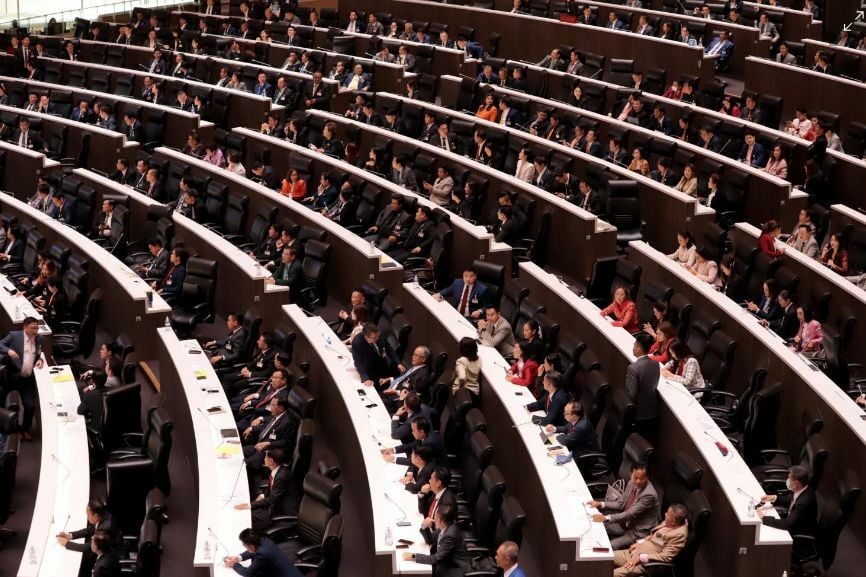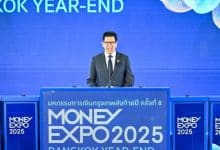Srettha Thavisin urged to address economic challenges swiftly

Thailand’s political stalemate came to a close yesterday as property tycoon Srettha Thavisin was elected as the country’s 30th prime minister following a majority vote in both houses of Parliament. Now, the nation’s business community is urging the newly appointed leader to hasten the process of organising his government. The aim is to promptly address a sequence of pressing challenges such as fragile exports, an impending drought crisis, and the ongoing economic recovery.
Kriengkrai Thiennukul, chairman of the Federation of Thai Industries (FTI), expressed the need for the newly elected Srettha’s Cabinet to begin work immediately. The goal is to rejuvenate and expand the Thai economy which has been under the limited power of the outgoing PM Prayut Chan-o-cha Cabinet since the announcement of House dissolution in March.
Referring to the Move Forward Party’s failure to secure approval for a prime minister within the coalition government during parliamentary sessions in July, Kriengkrai, highlighted the necessity of a new government to stimulate the country’s economy.
“We hope any political problems will end now.”
Upon assuming office, the Srettha Thavisin administration will face an array of tasks related to economic issues. These range from budget planning for the forthcoming fiscal year, to managing high household debt and struggling small and medium-sized enterprises (SMEs).
The FTI has previously stated that numerous SMEs desperately require assistance from the new government as they grapple with towering operational and financial costs. SMEs have been weakened in the wake of the pandemic, many of them lacking liquidity due to stringent loan criteria enforced by banks.
The pressure on businesses has also been amplified by the Bank of Thailand’s decision to raise the policy rate to 2.25%, a nine-year high.
Internationally, Kriengkrai has called for the new government to explore fresh trade opportunities with potential partners.
“Thailand should negotiate more free trade agreements and address non-tariff barriers.”
Panittha Buri, president of the Thai Exhibition Association, expressed her hope for the swift formation of a new government to boost confidence among foreign investors and determine a direction for national policies.
The private sector is eager to avoid political upheaval and is looking for a government that can find common ground for collaboration among the coalition parties.
Chaichan Chareonsuk, chairman of the Thai National Shippers’ Council, stressed the necessity for the new government to focus on solutions to weak exports, the drought crisis, and uneven economic conditions.
Marisa Sukosol Nunbhakdi, president of the Thai Hotels Association, believes that the earlier a government is established, the better. As the tourism high season is looming, the industry only has three months to prepare for a stronger influx of tourists, reported Bangkok Post.
Despite the economy receiving a boost from the prime minister’s vote yesterday, the new government still faces the considerable challenge of stimulating the local economy and sustaining GDP growth at a satisfactory level.
Finally, Somchai Lertsutiwong, chief executive of Advanced Info Service, stressed that the formation of a Pheu Thai Party-led government is a positive sign to drive the economy in the long run, such as promised projects and parties’ policies. He added that the new government should address several chronic issues, including helping SMEs reduce operational costs and ensure their long-term growth.
Latest Thailand News
Follow The Thaiger on Google News:


























